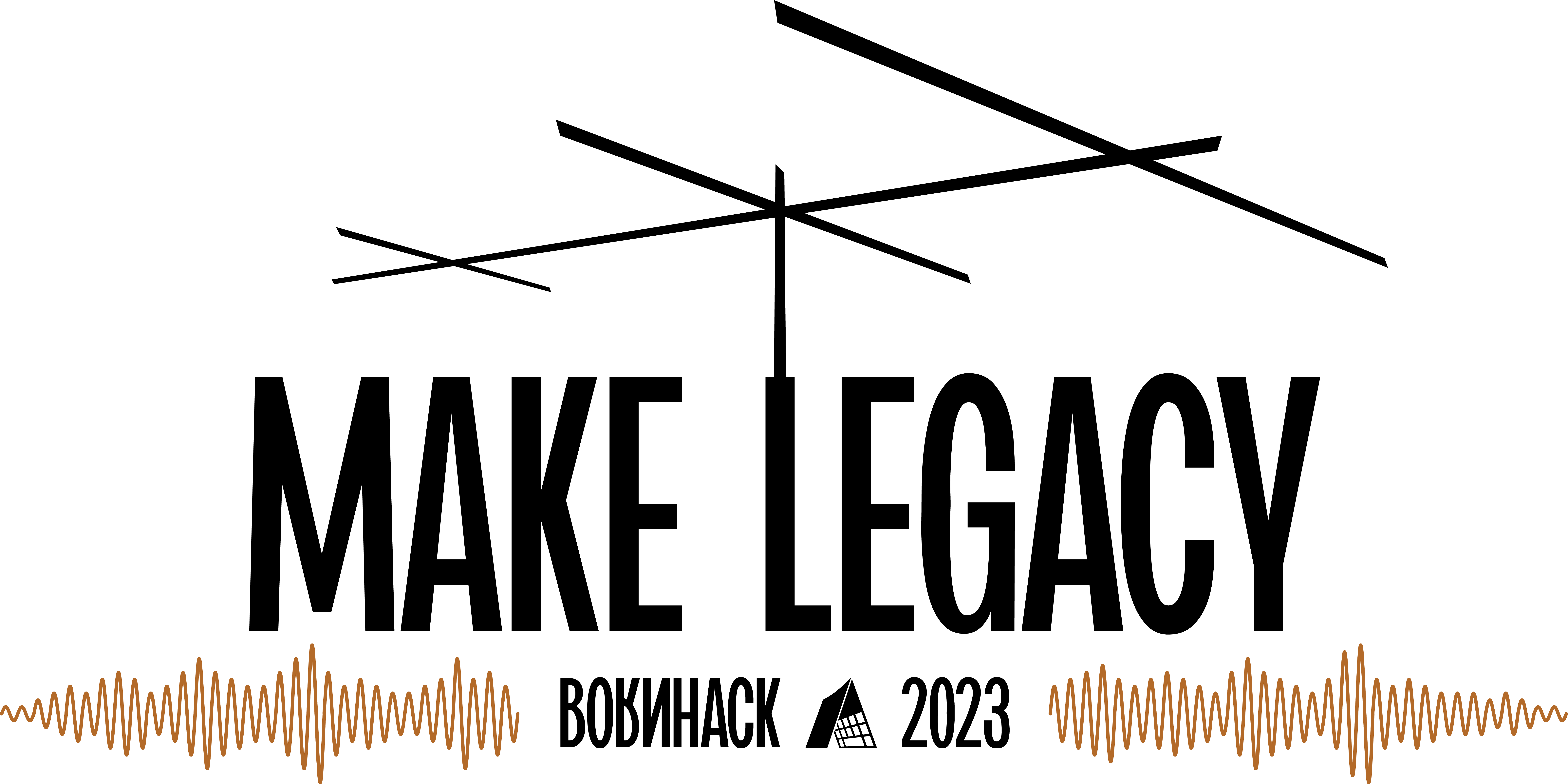I find OpenBSD easy to use, and so it is the one I run R on. Few people use R on OpenBSD, or any *BSD for that matter. What's more, most useRs use different operating systems, unfortunately non-free operating systems like Windows, Mac, and proprietary GNU/Linux distributions. Quite often, a package doesn't work on OpenBSD, so I'll show you what to do when that happens. But it's worth it, because by running R on OpenBSD, you can take advantage of R's and OpenBSD's unique features.
R itself is free and a part of the GNU project, and if you are accustomed to free Unix-like hacker-ethical softwares, you will be at home with the old useRs who continue to develop with hacker-appropriate practices. Unfortunately, it has become popular in recent years to mix R with proprietary software and to standardize on hard-to-port software. I will share how I deal with the difficulty of interfacing between the different sects of useRs.
If you use R, you might learn something about OpenBSD and about how to run your R software more reliably. Among contemporary useRs it is very common to limit ones' tools to those that can be installed by R. Knowing how to interface with other programs and with different operating system, you get more options and can often accomplish tasks more simply than with R packages alone.
